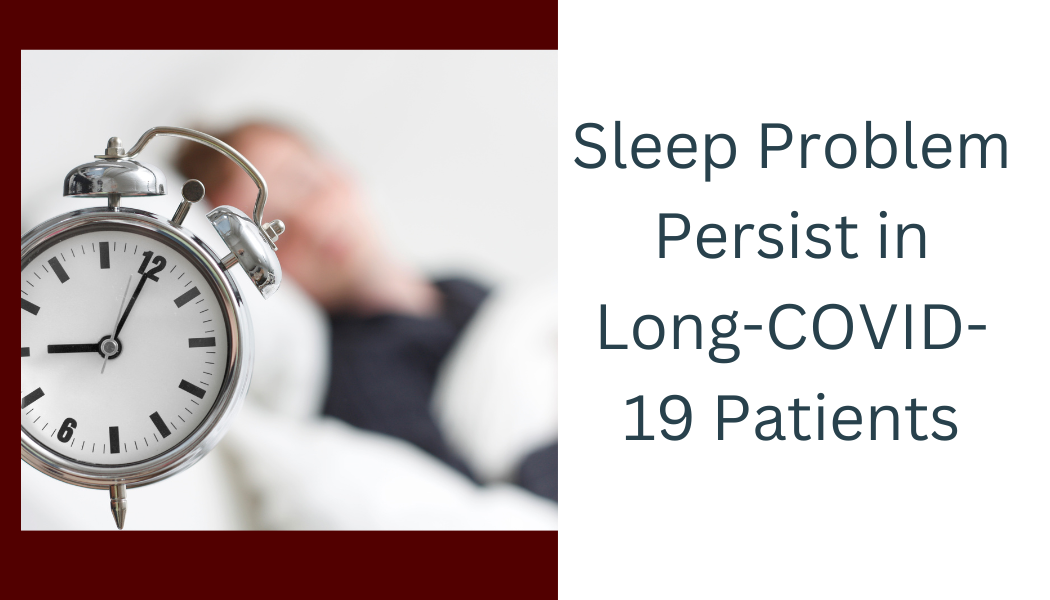Recent research has revealed that many individuals grappling with the aftermath of a COVID-19 infection are still experiencing troubling symptoms two to three months after the initial onset of the illness. The second International COVID-19 Sleep Study, conducted in Italy, sheds light on the sleep and dream-related challenges faced by those with lingering symptoms, known as long-COVID.
The study, carried out between May and November 2021, collected data from 383 participants who had previously contracted COVID-19 through a web survey. Of these, 270 individuals displayed at least two enduring symptoms and were classified as long-COVID, while 113 participants had either no lingering symptoms or just one and were categorized as short-COVID. The researchers then delved into the sociodemographic characteristics of both groups.
Significant disparities emerged between long-COVID and short-COVID subjects in terms of age, gender, work status, financial burden, COVID-19 severity, and the level of care received during their illness. However, the focus of the investigation shifted towards sleep and dream patterns, where the long-COVID group exhibited more pronounced disturbances.
Among the sleep-related issues observed in the long-COVID group were disruptions in sleep quality, daytime sleepiness, sleep inertia, increased instances of napping, insomnia, sleep apnea, and nightmares. These findings suggest that sleep alterations form a distinct aspect of the long-COVID syndrome.
Furthermore, the researchers identified key determinants contributing to these sleep problems among long-COVID patients. Factors such as age, gender, work status, financial strain, severity of the initial COVID-19 infection, and the level of care received during illness played a significant role. The number of long-COVID symptoms, psychological factors, and age emerged as the most influential variables affecting both sleep and dream-related disturbances.
The study’s results emphasize that sleep issues are integral to the clinical picture of long-COVID, reinforcing the importance of recognizing and addressing these challenges in patient care. Additionally, the psychological well-being of individuals and the number of post-acute symptoms should be taken into account as influential factors modulating sleep problems in those with long-lasting COVID-19 effects. Moreover, the study reaffirms the significance of dream alterations as a reliable indicator of mental health, aligning with previous research in this area. As the scientific community continues to unravel the complexities of post-acute COVID-19 symptoms, this research contributes valuable insights into the persisting challenges faced by those on the path to recovery.
Other related interesting articles:
Exercise Boost for Better Mood and Sleep: High-Intensity Training Helps Those with Depression
Knowing when to Eat is Important for a Healthy Body: Unveiling the Secrets of Meal Timing
Reference
Serena Scarpelli, Alessandra De Santis, Valentina Alfonsi, Maurizio Gorgoni, Charles M Morin, Colin Espie, Ilona Merikanto, Frances Chung, Thomas Penzel, Bjørn Bjorvatn, Yves Dauvilliers, Brigitte Holzinger, Yun K Wing, Markku Partinen, Giuseppe Plazzi, Luigi De Gennaro. The role of sleep and dreams in long-COVID. J Sleep Res. 2023 Jun;32(3):e13789. doi: 10.1111/jsr.13789. Epub 2022 Nov 18

